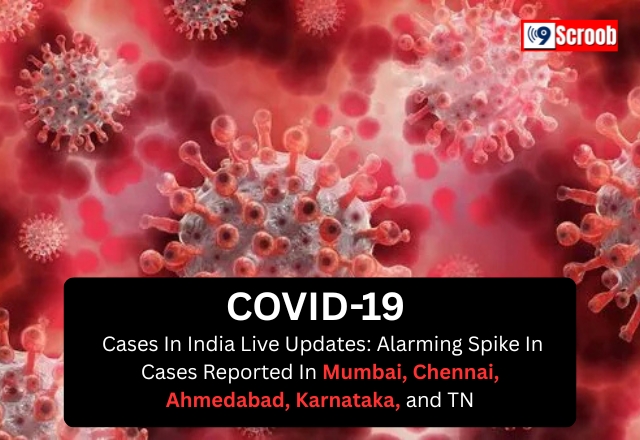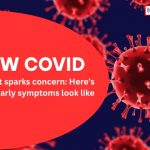After battling the COVID-19 pandemic for more than four years, India had seen a steady decline in daily cases—until now. Recent data indicates a fresh surge in new infections, triggering concerns among health authorities and experts nationwide.
Rising COVID-19 Cases in India: What We Know So Far
According to official sources, India currently has over 275 active COVID-19 cases. While this number may seem modest compared to previous waves, the sudden increase in infections has raised red flags, particularly in key metropolitan areas.
Cities and States Reporting the Highest Spike
In the last few days, Mumbai, Chennai, and Ahmedabad have seen a noticeable rise in daily COVID-19 cases. Similarly, states such as Karnataka and Tamil Nadu are also witnessing an upward trend. Health departments in these regions have been placed on alert, with hospitals being instructed to review and reinforce COVID-19 protocols.
Possible Cause: The JN.1 Omicron Subvariant
Health experts suggest that the JN.1 subvariant of Omicron, currently dominant in several Asian countries including Hong Kong and Singapore, could be behind this sudden resurgence. This variant is considered to be highly transmissible, although current observations indicate that it is not causing severe illness in most cases.
Government Response and Public Advisory
In response to the spike, the Indian government has asked healthcare facilities in high-risk areas to enhance preparedness and surveillance. Authorities have also urged the public to stay vigilant—particularly individuals with underlying health conditions, senior citizens, and those with compromised immunity.
Current Severity and Symptoms
Despite the surge, health officials have confirmed that the majority of new cases involve only mild symptoms. Common signs include low-grade fever, sore throat, mild cough, and fatigue. There is no indication of severe respiratory complications at this stage, but monitoring continues.
What You Should Do:
- Stay updated through official channels and reliable news sources.
- Continue practicing hygiene measures such as handwashing and mask-wearing in crowded places.
- Monitor symptoms and avoid self-medication—consult a doctor if unwell.
- Follow local guidelines issued by state health departments.
This live blog will provide real-time updates, expert commentary, official health advisories, and prevention strategies as the situation evolves.
Stay informed, stay safe.














